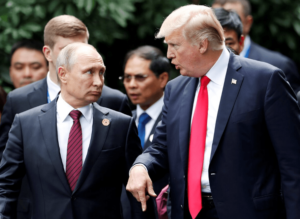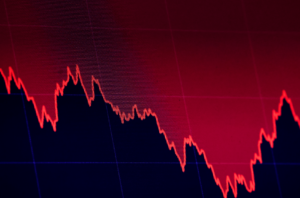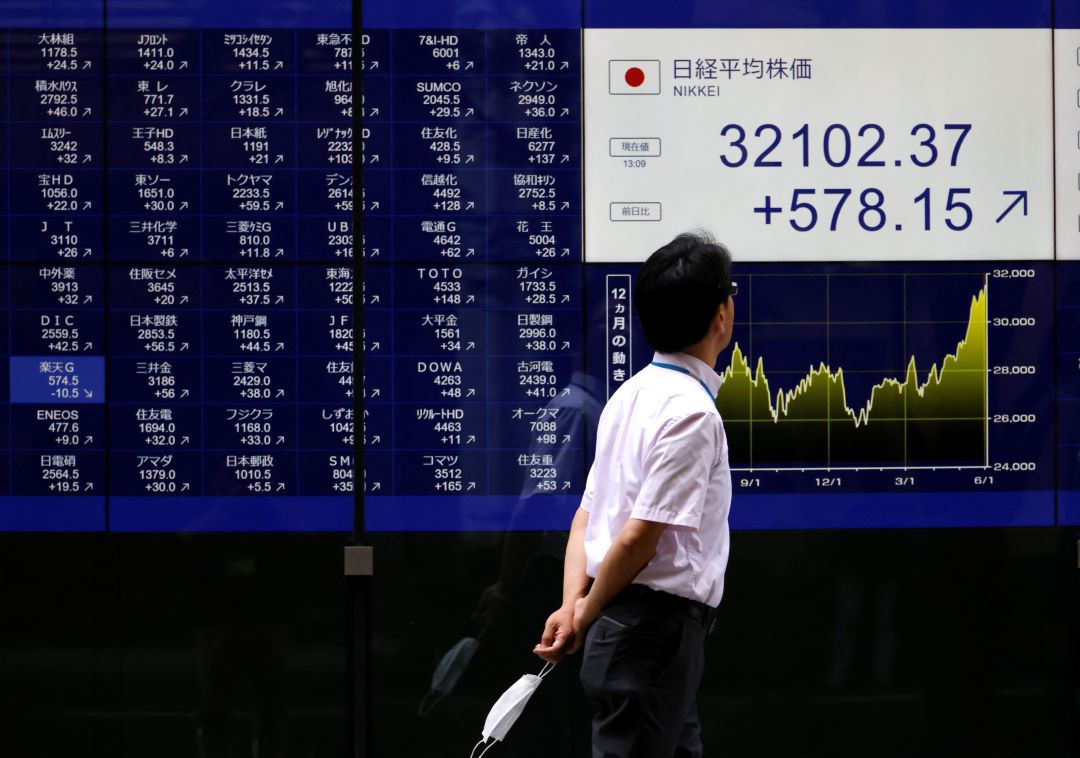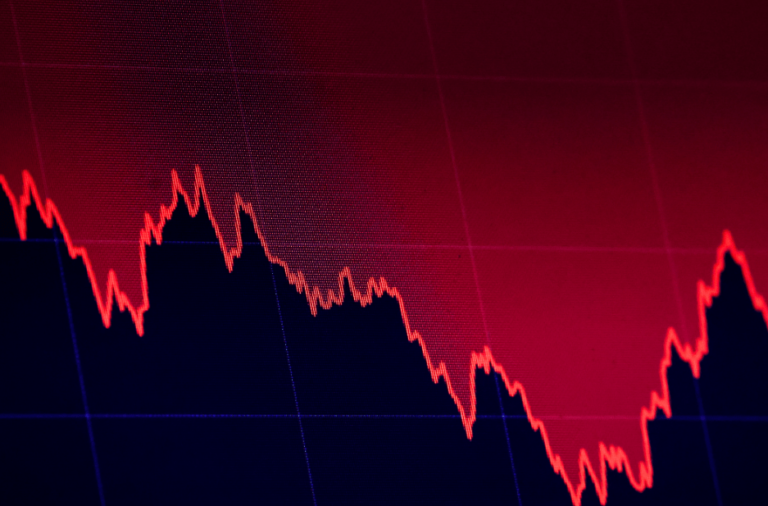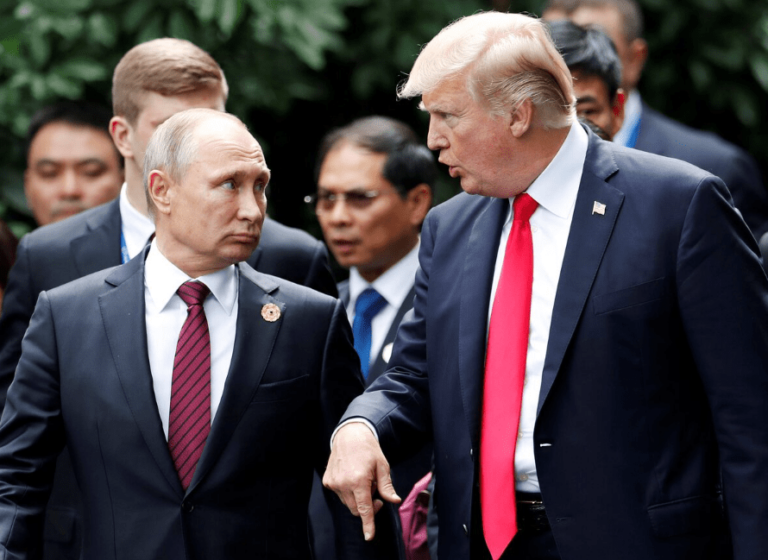Amid anticipation of pivotal inflation data and an upcoming OPEC+ meeting, global financial markets navigated cautiously, with Asian shares slipping on Monday. Gold surged to a six-month high at $2,017.82 an ounce, steering investors’ attention.
Despite Japan’s Nikkei marginally easing by 0.5%, November had seen an 8.4% surge in the index. However, MSCI’s Asia-Pacific shares (ex-Japan) experienced a 0.4% dip but still garnered a 6.3% monthly gain.
Chinese blue chips fell 0.8% in November, standing contrary to global trends, while China’s central bank pledged support for private firms, including flexibility regarding non-performing loans.
European futures hinted at a slightly subdued opening, following the S&P 500’s four-week rally, up 8.7% so far in November. Upcoming data on core inflation and Federal Reserve Chair Jerome Powell’s scheduled remarks amid dovish expectations are likely to influence market sentiment.
“Central banks are unlikely to ease unless there’s a threat to expansion or financial stability,” suggested Bruce Kasman of JPMorgan, emphasizing a cautious approach from monetary policymakers in the first half of 2024.
The European Central Bank’s stance mirrored this prudence, with ECB President Christine Lagarde reinforcing a similar sentiment regarding economic policy.
Meanwhile, OPEC+’s postponed meeting on Nov. 30 stirred market uncertainty. Producers aim to address conflicting viewpoints on supply caps for 2024 and Saudi Arabia’s potential extension of an additional 1 million bpd production cut.
The oil market’s tension around OPEC+ negotiations weighed on prices, with Brent sliding to $80.03 a barrel, and U.S. crude settling at $74.94 per barrel.
Global market movements indicated a cautious stance amid pivotal economic data anticipation and tense negotiations within the oil industry, prompting investors to scrutinize upcoming inflation metrics and OPEC+’s decision-making with vigilance.

